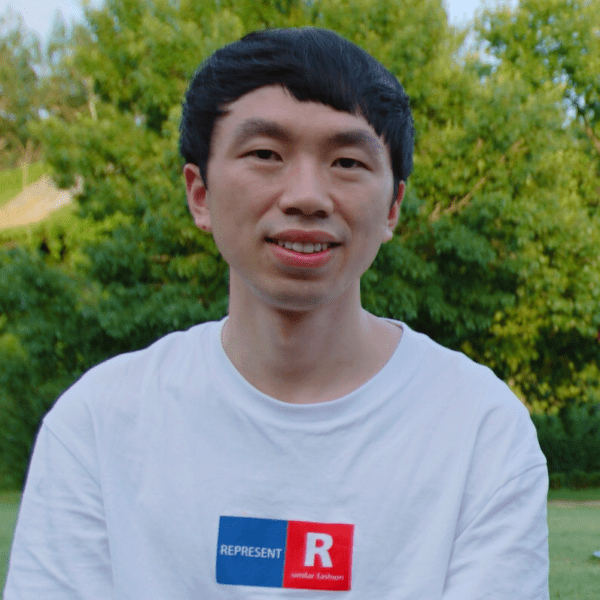Research Summary
Protein-protein interactions (PPIs) in living cells are the cornerstone of biomolecular machinery assemblies and biochemical activities organizations. Aberrant PPIs could cause the dysregulation of crucial biological processes, resulting in human diseases such as neurodegeneration, aging and cancer. Mapping direct interactome with spatial-temporal resolution inside different proteome have been proved challenging. My previous work has been focused on developing multifunctional photocrosslinkers and strategies to decipher interacting proteins of proteases or histones, and profile interactome within biomolecular condensates.
Now I focus on developing platforms to efficiently and specifically modify proteins with small molecules, such as sugars, fluorescent dyes and drugs. These bioconjugates would further enable us to uncover underlying protein networks, regulate crucial protein interactions and manipulate some disease-related processes. We anticipate that these methodologies could provide us powerful tools for various cellular pathways studies as well as therapeutic interventions.
Impact in China
Over the last decade, it has become broadly appreciated that the disorder of PPIs is the primary cause of many human diseases. The training at UC Berkeley would provide me new sights for fundamental mechanisms of vital PPIs and pathways, thereby benefiting the diagnosis and therapy of diverse diseases.
